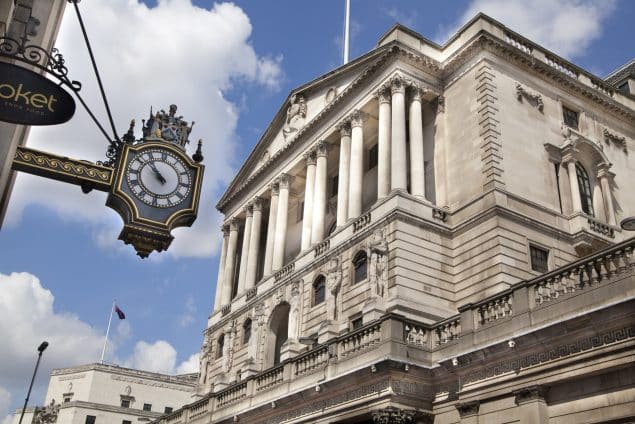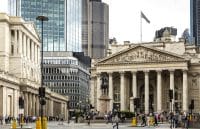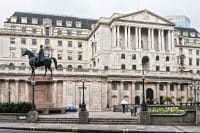Home » UK Business & Employment News • UK Employment news » TUC calls on Bank of England to halt interest rate increases
TUC calls on Bank of England to halt interest rate increases
https://www.whatjobs.com/news/united-kingdom/uk-employment-news/tuc-calls-on-bank-of-england-to-halt-interest-rate-increases

The Trades Union Congress has urged the Bank of England to pause interest rate hikes, citing concerns about the recent wave of job losses that have pushed the country close to a recession.
The TUC warned that increasing interest rates would jeopardize tens of thousands more jobs and livelihoods.
According to the TUC, over half of Britain's 20 industrial sectors experienced a decline in employment during the three months leading up to June.
Read More: Concerns mount for the Bank of England as higher wages drive price rises
While the Office for National Statistics reported an overall increase of 33,000 jobs during that period, the figure masked substantial job losses in critical sectors such as accommodation and food (34,000), wholesale and retail (27,000), and construction (17,000).
The TUC estimates that 120,000 jobs were lost across 11 separate industries, with soaring interest rates being a significant contributing factor.
The Bank of England's monetary policy committee has raised interest rates at its last 13 meetings, raising the official borrowing cost from 0.1 to 5 percent since December 2021.
Read More: Goldman Sachs predicts UK interest rate hike as inflation crisis continues
The financial markets expect a 14th rate increase on Thursday, with most anticipating a 0.25 percentage point hike.
The TUC general secretary, Paul Nowak, said: “With the country teetering on the brink of recession, the last thing we need is another hike in interest rates.
“This will just heap further misery on households and businesses and put many thousands more jobs and livelihoods at risk. Setting us on course for another economic shock is reckless – not responsible.”
Need Career Advice? Get employment skills advice at all levels of your career
Recession fears intensified as the latest data from the manufacturing sector showed a deepening downturn in activity during July.
The S&P/CIPS purchasing managers' index (PMI) fell to 45.3 from 46.5 in June, indicating a contraction in factory output, new orders, and employment.
The report highlighted companies' efforts to cut costs by reducing purchases and depleting stocks.
The Bank of England's potential moderation in the pace of interest rate increases led to the pound trading at a three-week low against the US dollar, hovering just above $1.28, and against the euro at just over €1.16.
Follow us on YouTube, Twitter, LinkedIn, and Facebook.














